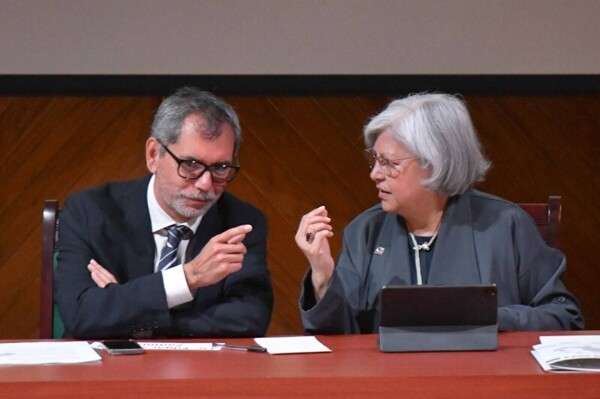
The tariff measures imposed by the President of the United States, Donald Trump, have not only affected the economy of Mexico but have also caused significant changes in drug cartels in the country. According to cartel leaders interviewed by the American newspaper The New York Times, Trump's tariffs, aimed at curbing fentanyl trafficking, have forced these criminal groups to sell assets and lay off unnecessary personnel to compensate for lost revenue.
As part of Trump's demands to stop tariffs on Mexican products, Mexico's president, Claudia Sheinbaum, deployed 10,000 National Guard members to the northern border on February 4. The objective of this measure was to contain migration and reduce fentanyl trafficking. Despite the efforts of Mexican authorities in the fight against drug trafficking and the decrease in opioid trade, the U.S. president announced that as of March 4, a 25% tariff on Mexico would come into effect.
In response to the Mexican government's actions to avoid Trump's tariffs, leaders of a Mexican cartel have begun preparing by importing scanners to detect drones, hiring more personnel, and acquiring more weaponry. According to anonymous leaders of a cartel, for the first time in years they feel the pressure from the Mexican government and fear being captured or killed. These leaders acknowledged being making preparations to confront the increasing pressure from Trump, importing technology to detect drones, hiring specialized personnel, and increasing arms purchases from the United States.














